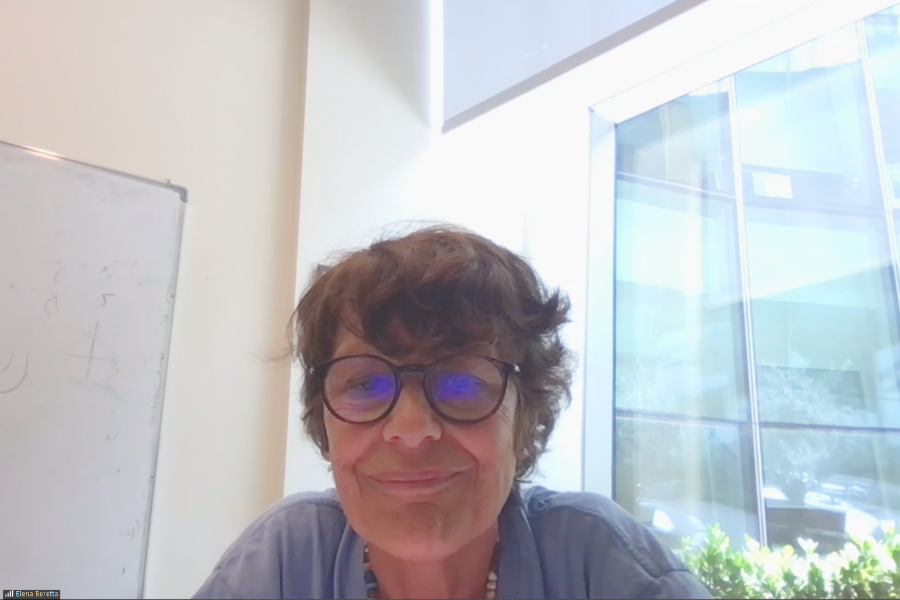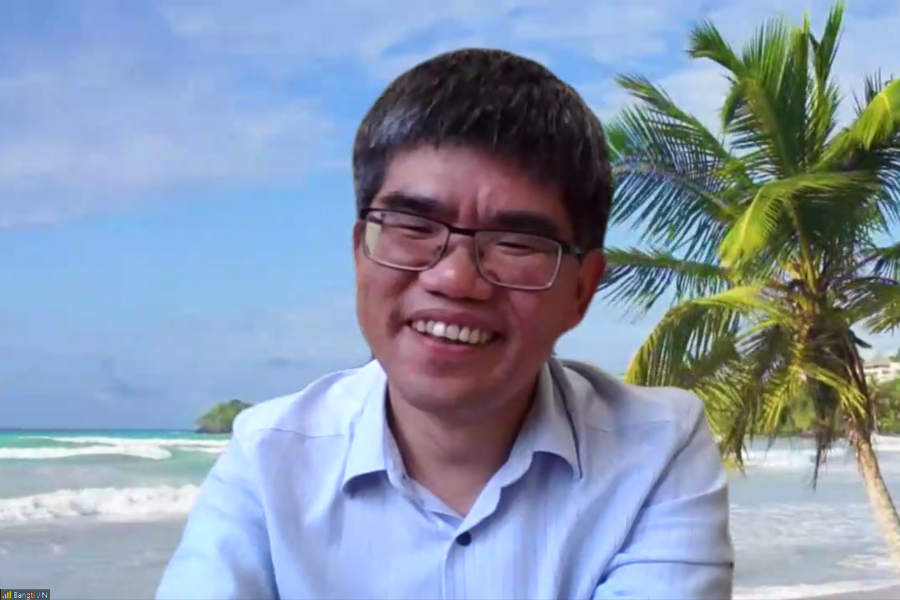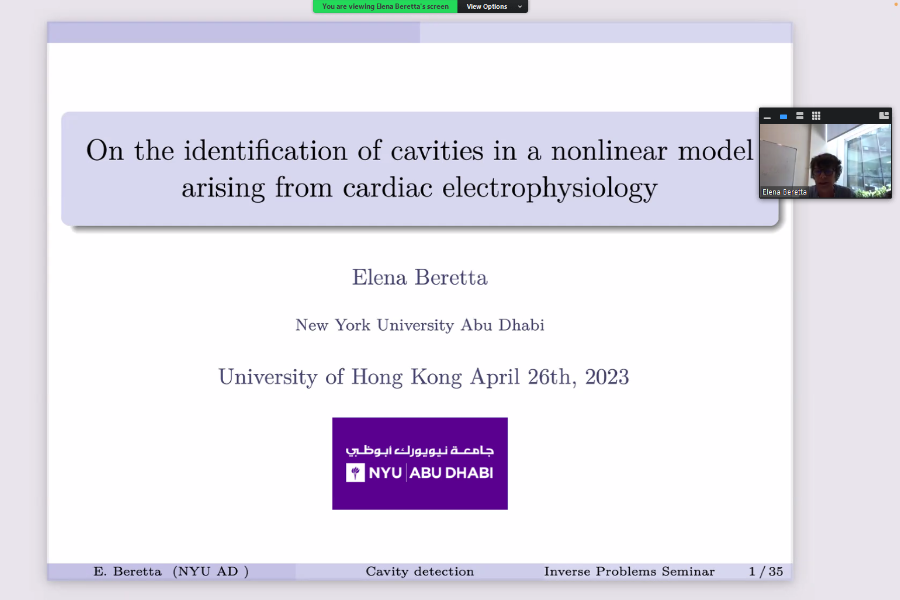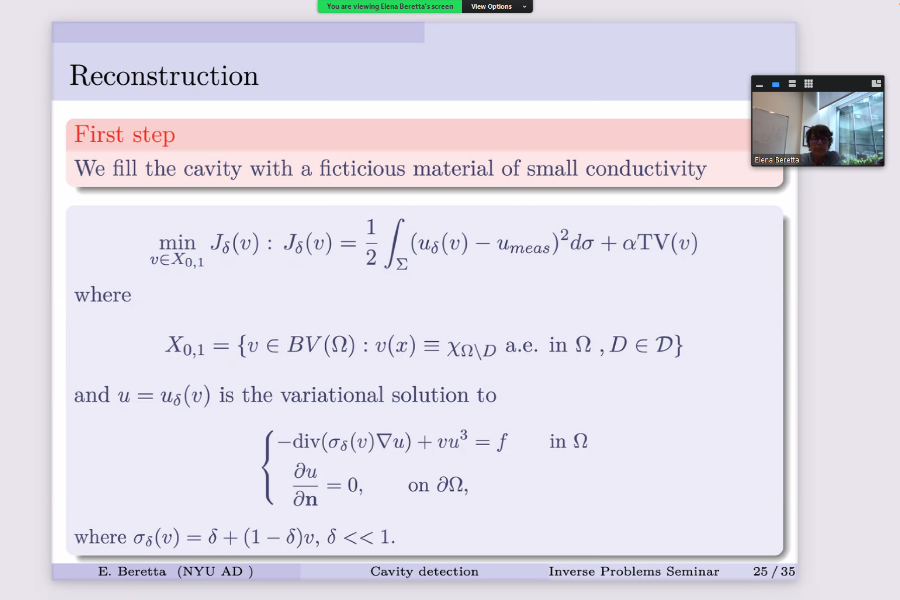On the Identification of Cavities in a Nonlinear Model Arising from Cardiac Electrophysiology
Abstract
Detecting ischemic regions from noninvasive (or minimally invasive) measurements is of primary importance to prevent lethal ventricular ischemic tachycardia. This is usually performed by recording the electrical activity of the heart, by means of either body surface or intracardiac measurements. Mathematical and numerical models of the cardiac electrophysiology can be used to shed light on the potentialities of electrical measurements in detecting ischemias. More specifically, the goal is to combine boundary measurements of (body-surface or intracavitary) potentials and a mathematical description of the electrical activity of the heart in order to identify the position, the shape and the size of heart ischemias and/or infarctions. The ischemic region is a non-excitable tissue that can be modeled as an electrical insulator and the cardiac electrical activity can be comprehensively described in terms of the monodomain model, consisting of a boundary value problem for a semilinear reaction-diffusion equation.
In this talk, the speaker will analyze the case of an insulated heart neglecting the coupling with the torso and considering the steady-state version of the monodomain model. This results in the challenging inverse problem of detecting cavities for a semilinear equation with a single measurement of the transmembrane potential. With minimal regularity assumptions on the cavities, the speaker will first show well-posedness of the direct problem, prove uniqueness of the inverse problem and propose a novel reconstruction algorithm by means of a phase-field approach justified via Γ-convergence. Finally, she will describe some recent results that she and her research group have obtained for the inverse problem in the case of the time dependent monodomain model.
For Attendees' Attention
This talk is hosted by the Department of Mathematics of the Chinese University of Hong Kong and will be held online via Zoom. To attend, please join the Zoom meeting at https://cuhk.zoom.us/j/98241093146 (Meeting ID: 982 4109 3146).
About the Program
For more information, please refer to the program website at https://iasprogram.hkust.edu.hk/inverseproblems/.






